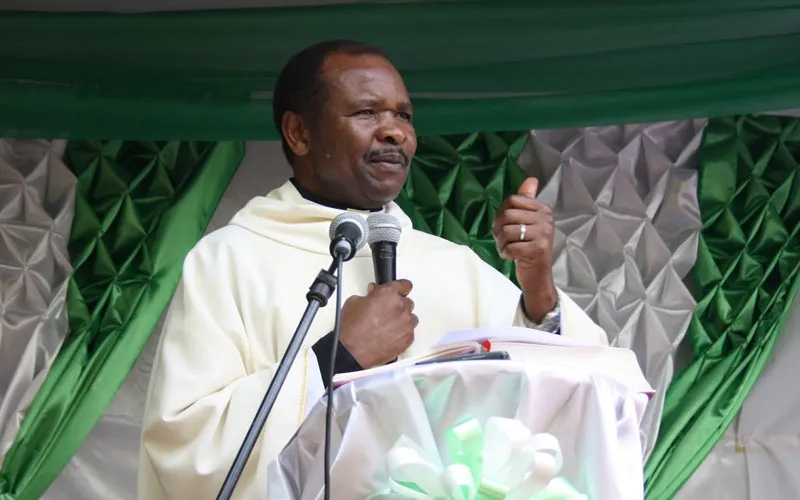The Catholic Bishops say that the curriculum framework was developed to enrich the provision of Reproductive Health and Sexuality Education (RHSE).
In the February 8 report, ZCCB National Education Secretary, Fr. Leonard Namuvumba, notes that the Catholic Church holds on to the biblical understanding of family as designed by God and its definition of a family “as those of the same household”, and as the pairing of a man and a woman, along with their children.
He highlights the types of families as being nuclear, single-parent families, extended families, childless families, stepfamilies, and grandparent families.
Fr. Namuvumba says that the books that have been published do not stress the role and place of cultural and Christian values on family, marriage, sex, and sexuality, adding that the textbooks need to be revised so that there is the right material for the right age.
“Sex and sexuality education needs to be contextualized in such a way that only the right material is given to the appropriate age group unlike a situation where pupils are being exposed to unnecessary information,” he said
The ZCCB National Education Secretary explains that the Catholic Church’s teaching on family structure, gender, and family life is not by human design, a reason it cannot be changed.
“Care must be taken not to sexualize the children which may lead to the moral degradation of the learners and allow room for perverts to take advantage of the created ‘fertile’ mind to abuse them. All efforts must be made to protect the cultural, traditional, and religious fiber of our society,” the Zambian Catholic Priest says.
The Catholic Bishops in Zambia join several other Catholic Bishops’ Conferences in Africa that are strongly opposed to the inculcation of same-sex relationships in schools and other societal institutions, as well as CSE.
In Ghana, the Catholic Bishops interpreted the introduction of CSE as a subtle way of introducing homosexuality to school-going children.
“It (CSE) is a subtle way to introduce this gay and lesbian thing to our children … It is unacceptable!” the President of Ghana Catholic Bishops’ Conference (GCBC), Archbishop Philip Naameh said in a 2019 report.








